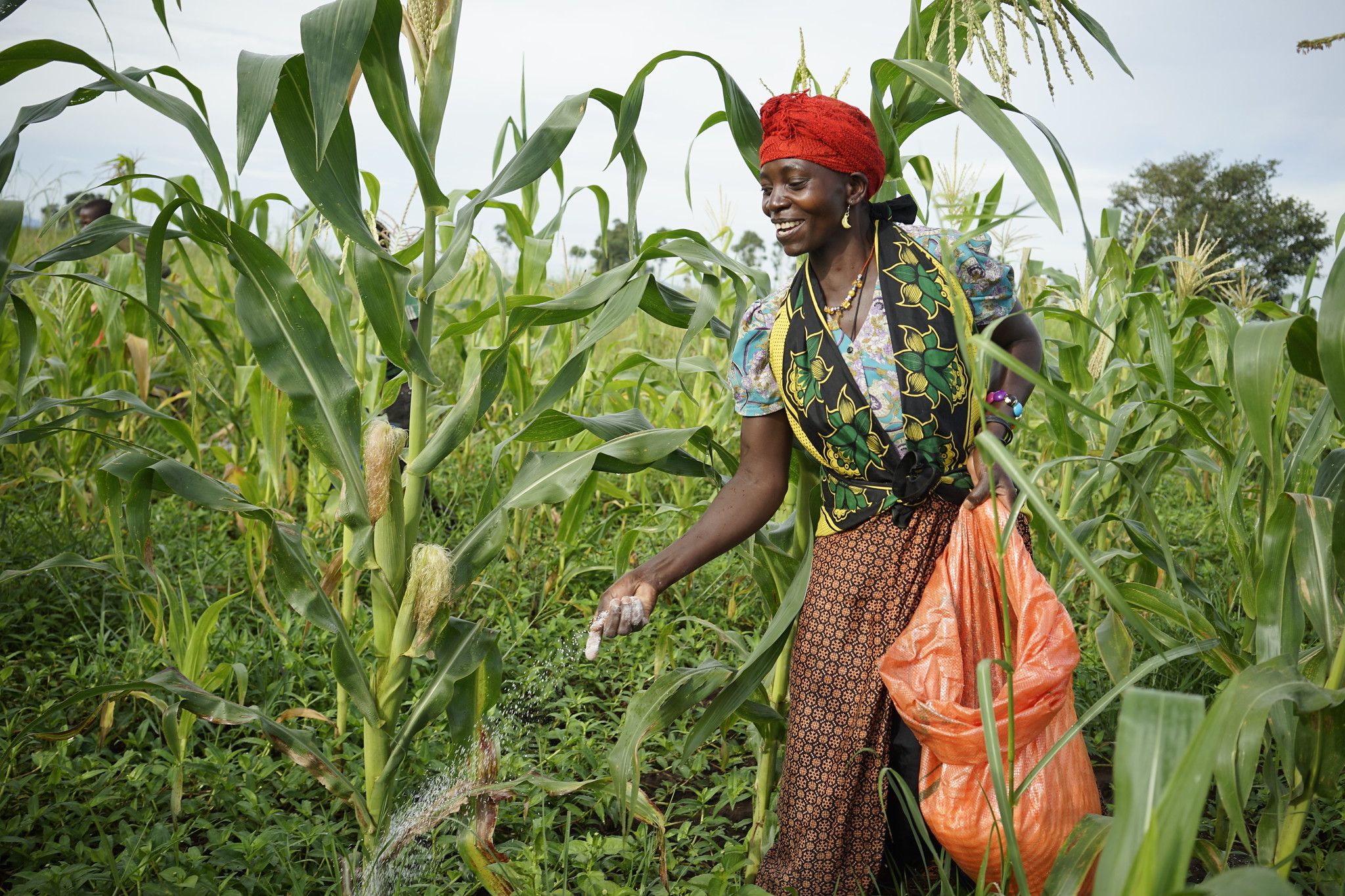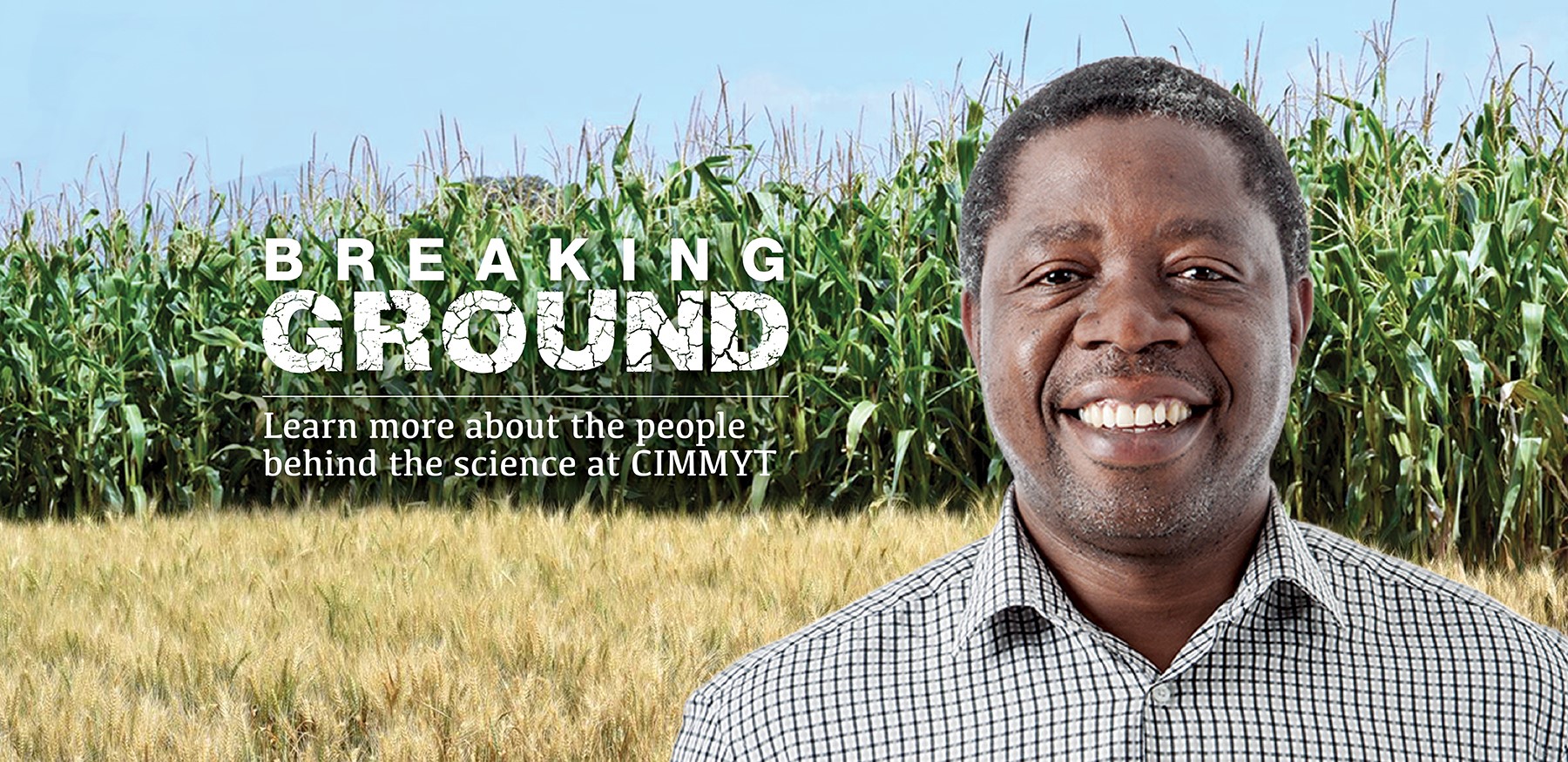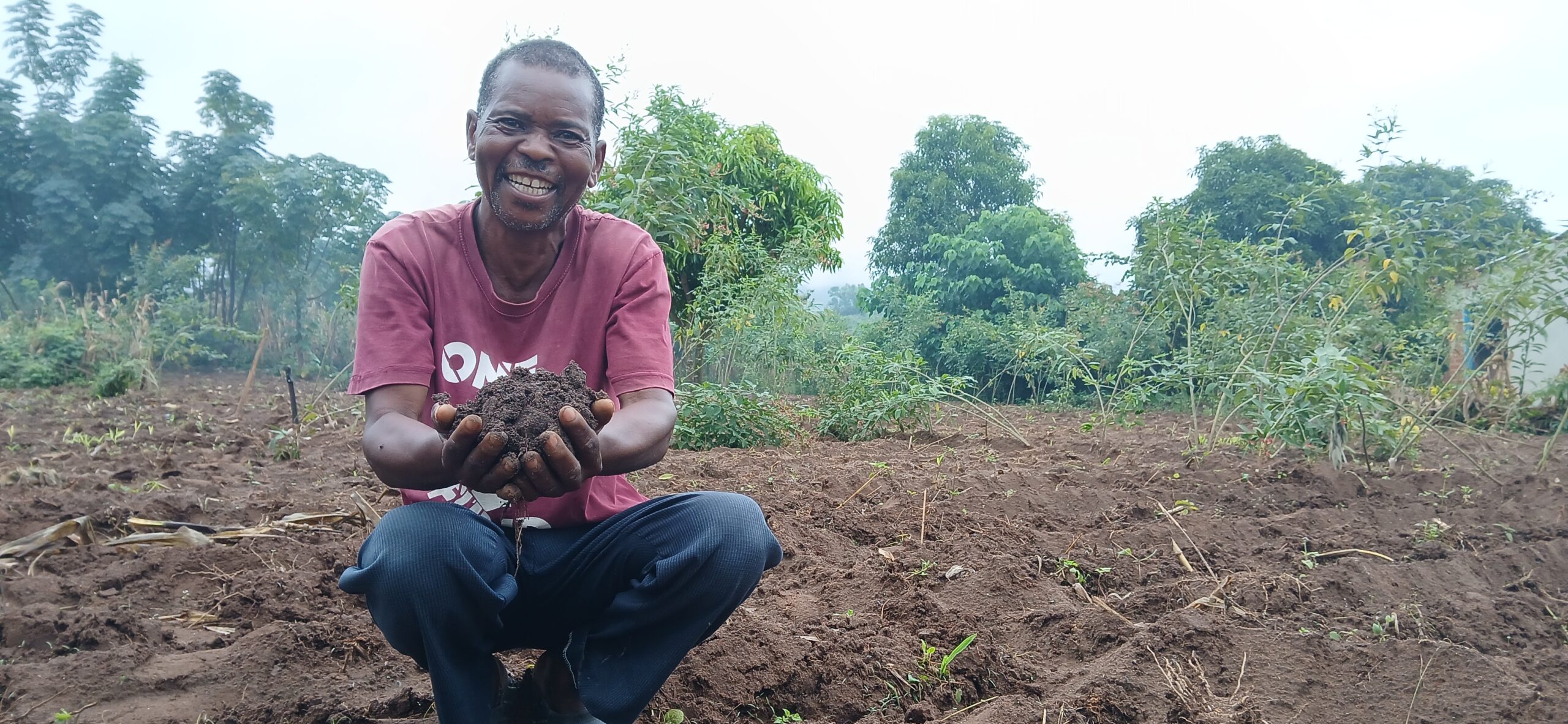
In today’s agricultural landscape, data is power, but only if it is accurate, usable, and actionable. In the big data space, this data must follow FAIR data principles, which means that it must be Findable, Accessible, Interoperable and Reusable. When data meets these standards, it enables timely decision-making across the entire agricultural value chain, from selecting the right seed varieties and predicting weather patterns to optimizing resource use and monitoring yields. FAIR data empowers farmers, researchers and policymakers alike to respond to emerging challenges such as climate variability, pest outbreaks, and market volatility with precision and confidence.
Smallholder farmers in Malawi, Mozambique and Zambia are integrating soybean into their maize-based farming systems, with support from various local NARES as well as from the CGIAR through the Sustainable Farming Science Program (encompassing the three initiatives Excellence in Agronomy, Plant Health and Sustainable Intensification of Mixed Farming Systems).
In this program, NARES, NGOs such as Solidaridad/KVUNO, and CGIAR scientists are partnering to scale improved, data-driven soybean production practices in the Chinyanja Triangle (Central Malawi, Northern Mozambique and Eastern Zambia). Over the last three years, this partnership supported farmers in the Chinyanja triangle to improve soybean productivity guided by specific research questions that included site specific fertilizer recommendations, planting dates, variety choice and intercropping arrangements/ configurations. A decision support tool is being developed from this work.
Farmer performance varies widely, even when similar support and technologies are provided. This reflects differences in farmer outlook, desires and possibilities. Smallholder farmers face diverse challenges, and high-quality agronomic data is crucial for understanding their contexts and unlocking solutions for improved productivity. Data analytics plays a pivotal role in transforming raw data into meaningful insights that drive improved decision-making. This requires appropriate data to characterize current farm practices and explain productivity gaps and resource use efficiencies in farmers’ fields.
Recently, CIMMYT partnered with Solidaridad/Kvuno, a regional social enterprise associated with Solidaridad, the demand partner under the CGIAR Sustainable Farming science program. Solidaridad and Kvuno are leveraging digital agriculture applications to communicate with farmers to provide advisories for crop production. These partners play a strategic role in scaling outreach to large numbers of smallholder farmers using innovative extension approaches and have the capacity to collect data across wide geographies for real-time analytics. A targeted training session was conducted to enhance the data collection skills of field agents, who play a critical role in gathering information used to analyze cropping systems and identify bottlenecks hindering smallholder farmers from optimizing their yields.
When asked why it was important to support local implementation partners, Isaiah Nyagumbo who leads the Use Case activities in the Chinyanja Triangle, emphasized that it was crucial to support our demand partner in ensuring the data they collect for their day-to-day use is relevant, accurate, and usable for M&E evaluation purposes by Solidaridad/KVUNO and an asset for agronomy R&D, particularly to monitor farm practices and productivity levels and to benchmark farm performance in the Chinyanja Triangle.
Why quality data matters in digital agriculture
Over the years, Kvuno agents and other development actors collect agronomic data, that holds potential in understanding smallholder farming patterns, but only if accurately recorded. These datasets hold enormous potential for understanding smallholder farming patterns, but only if they are accurate, consistent, and well-structured.
Poorly structured or inconsistent and error-infested data prevents researchers and policymakers from making the right informed, impactful recommendations thereby wasting resources. Accurate longitudinal data also supports monitoring and evaluation of NGO activities, providing insights into adoption and performance of agricultural practices.
Recognizing this, the CGIAR use case team, consisting of CIMMYT, ICRAF-CIFOR and IITA designed a focused half-day training in Lilongwe for Kvuno staff to strengthen the data collection capacities of their agents. The sessions equipped agents with data collection protocols, digital tools and practical methodologies to gather high-quality and consistent agronomic information including yield assessments, laying the groundwork for generating FAIR data to enable both meaningful and actionable insights.
This training was not just about data collection, but more on how to achieve impact. Clear definition of critical data points, such as field size, yield, biomass, plant population, and management practices can lead to valuable insights into cropping systems and help pinpoint challenges smallholder farmers face. These insights can drive better interventions, resource allocation, and long-term agricultural planning.
From theory to practical application
At Chitedze Research Station, participants engaged in an interactive, hands-on training that bridged digital agriculture principles with real-world field applications. Through practical exercises, they explored the value of sound agronomic data collection for monitoring, evaluation, and predictive analytics. Key topics included identifying critical data points, avoiding common collection pitfalls, and applying standard protocols for crop cut yield assessments and agronomy surveys. Digital tools were introduced and practiced in the field.
A critical discussion unfolded around data usability. The message was clear: only accurate, well-collected information can provide a clearer picture of cropping systems, farmer challenges, and productivity gaps. Flawed data, by contrast, tends to limit and misinform decision-making, and undermines the development of effective agricultural solutions.
Scaling up & broadening scope for quality data
While the training initially focused on selected hubs in Malawi, the goal is to scale these best practices across additional Kvuno hubs in Malawi, Mozambique, and Zambia. The trained field agents will cascade their knowledge to lead farmers, ensuring standardized and high-quality agronomic data is gathered across multiple regions and extending the reach of the data collection.
Speaking at the training event, Mazvita Chiduwa emphasized to the trainees that at its core, this effort highlights the value of accurate, usable data, beyond its volume. ‘By refining agricultural data collection protocols, we are strengthening digital agriculture, ensuring that the insights generated truly reflect the realities of smallholder farming’, she stressed.
More than just collecting data, this partnership is unlocking the kind of knowledge that can reshape agriculture and improve livelihoods. Looking ahead, this initiative goes beyond training but about building a stronger digital agriculture ecosystem in Southern Africa. With better data, researchers, NGOs, and policymakers can make more informed decisions that drive meaningful impact in smallholder communities.

 Innovations
Innovations 
